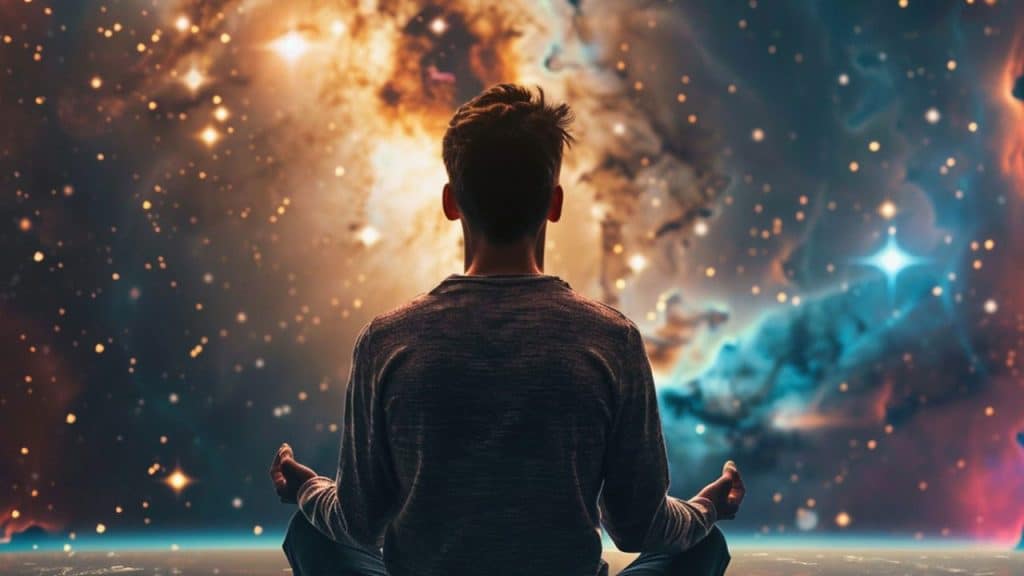You might think that altered states of consciousness (ASC) are the sole preserve of people who eat interesting mushrooms or experiment with other hallucinogenic substances. Did you know that sometimes people with no history of drug use and no other mental illness may still experience moments where their entire perception of reality is changed (https://longevity.technology/lifestyle/study-nearly-half-experience-altered-states-of-consciousness-without-drugs/)?
What do we mean by an altered state of consciousness? Well, the exact nature of this kind of experience may vary widely between different people. For some, it may be a feeling of detachment and dissociation, while for others it could be feeling a greater connection with the entire universe.
If you think that sounds a little like a religious experience, you wouldn’t be entirely wrong. This is the sort of thing that can happen when you meditate, a common practice in many religions. That includes yoga, which originated as part of ancient Hindu rites. Some people who describe having an altered state of consciousness link it to meditation or religion, but for others, it just comes from nowhere with no obvious trigger.
Now, connection to the entire universe is a pretty big feeling to process. Even people whose altered state involves ecstatic joy may find it overwhelming. More negative emotions like detachment can be even scarier. People going through such major experiences shouldn’t have to do it on their own.
So exactly how many people have firsthand knowledge of an altered state of consciousness, independent of drugs or mental illness? A recent study surveyed 3,135 individuals across a range of demographics in both America and the UK. It found 45% of participants had been through some kind of ASC. That’s nearly half. They were fairly split among the different types of ASC, too, with 17% experiencing derealization, 15% ecstatic thrills, and 15% unitive experiences, among others.
Perhaps even more importantly, 13% found their experience distressing, and 65% of those didn’t seek any kind of help or support. Perhaps they were scared about potential reactions or weren’t sure what it all meant. Maybe there was a lack of accessible professionals with the experience needed to help them.
This research suggests that ASC may be more common than we thought, and that means more research needs to be done. There certainly needs to be more easily accessible support for people who have a distressing ASC experience.




